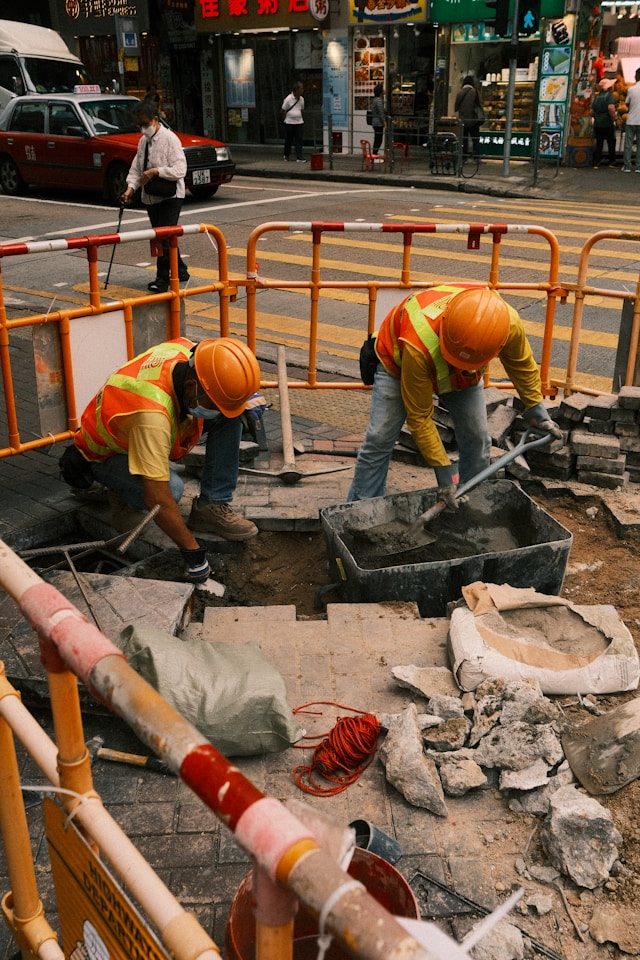
The clock is ticking for everyone involved in California’s private construction sector. Starting January 1, 2026, a major shift will take hold with the Private Works Change Order Fair Payment Act (SB 440) — a new law that overhauls how change orders, claims, and payment disputes are handled in private construction agreements.

For decades, the state’s private construction contracts have been defined by inconsistency. Terms around payment timing, claims, and dispute resolution have varied widely from project to project, often leaving contractors and subcontractors waiting months for compensation. The result has been a familiar pattern of cash-flow bottlenecks, legal friction, and project delays.
SB 440 aims to change that.
Signed into law by Governor Gavin Newsom in September 2024, SB 440 introduces uniform claim and payment procedures for most private works of improvement. The statute — codified in California Civil Code §§ 8850–8859 — applies broadly to private projects, though smaller residential developments of four stories or fewer built with Type V construction are exempt.
The law’s purpose is to eliminate unfair payment delays that occur when change orders are disputed but undisputed portions remain unpaid. Modeled after similar public contracting rules, SB 440 aligns private sector projects with the accountability and fairness standards already common in public works under Public Contract Code §§ 20104.50 et seq.
It will remain in effect until January 1, 2030, unless extended by the legislature.
Under the new framework, a “claim” is defined as a written demand submitted by a contractor or subcontractor for additional payment or schedule extensions due to changes in scope or cost. To be valid, claims must be submitted within 60 days of discovering the issue, accompanied by documentation and sent via certified or registered mail.
Once received, owners must respond within 30 days, identifying approved and disputed portions. Undisputed amounts must then be paid within 60 days — even if the formal change order hasn’t been fully executed.
Failure to pay on time carries a heavy price: interest at 2% per month (24% annually) will accrue until payment is made, creating a strong financial incentive for prompt compliance.
If disputes persist, parties must move through a mandatory meet-and-confer process, submit follow-up statements, and proceed to mediation if necessary. These steps must occur within the law’s defined timelines, though parties may also use other dispute resolution mechanisms that do not delay the statutory process.
Perhaps most significantly, if an owner fails to pay undisputed sums, the contractor may suspend work after providing 10 days’ written notice — without incurring penalties or liability for project delays. Any contractual clause attempting to waive these rights will be considered void as against public policy.
Owners and developers should begin preparing now.
First, they must review and update contract templates to align with SB 440’s strict timelines. Internal systems should be adapted to ensure claims are logged, reviewed, and responded to within 30 days, and that undisputed payments are made within 60.
Failure to meet these deadlines could lead to steep interest penalties and potential work stoppages that disrupt entire projects.
Legal and project management teams should also receive training before the law’s effective date to avoid last-minute compliance challenges. Automated claim-tracking systems and clear escalation procedures will be essential to maintaining schedule control and avoiding unnecessary disputes.
For contractors and subcontractors, SB 440 offers a new level of protection — but only if they are prepared to use it correctly.
Success begins with thorough documentation. Every scope change, delay, and cost adjustment should be recorded in real time. Claims must be submitted within 60 days of discovery using certified or registered mail, as required by statute, to preserve legal rights.
Contractors should also ensure that subcontract agreements mirror SB 440’s timelines, allowing them to pass claims through to owners without procedural conflicts. If those flow-down provisions aren’t aligned, subcontractor claims could be jeopardized.
Equally important is understanding the new stop-work right — a powerful tool that enables contractors to suspend performance when owners withhold undisputed payments. When used judiciously, it can push parties toward faster resolution and prevent cash-flow crises that often spiral into litigation.

The Private Works Change Order Fair Payment Act marks one of the most significant legal reforms in California’s construction industry in years. By creating clear rules for both claims and payments, SB 440 is expected to:
For an industry often strained by payment uncertainty, the law offers a clearer path to fairness and predictability — but it also demands discipline and procedural awareness from all parties.
Industry experts recommend that owners, developers, and contractors take immediate action by:
Those who adapt early will gain a competitive advantage when SB 440 takes effect — avoiding penalties, preserving relationships, and keeping projects on track.
By contrast, those who delay could face financial risk, legal exposure, and work stoppages in a construction environment that’s about to change dramatically.
Originally reported by Laurence R. Phillips in Procopio.